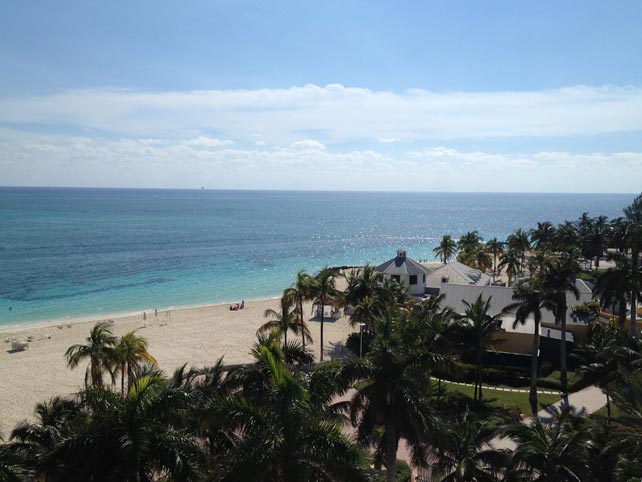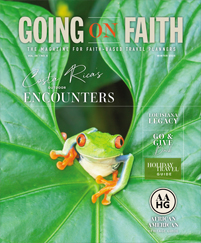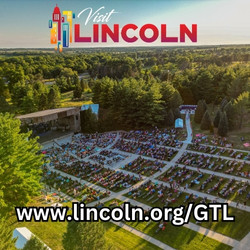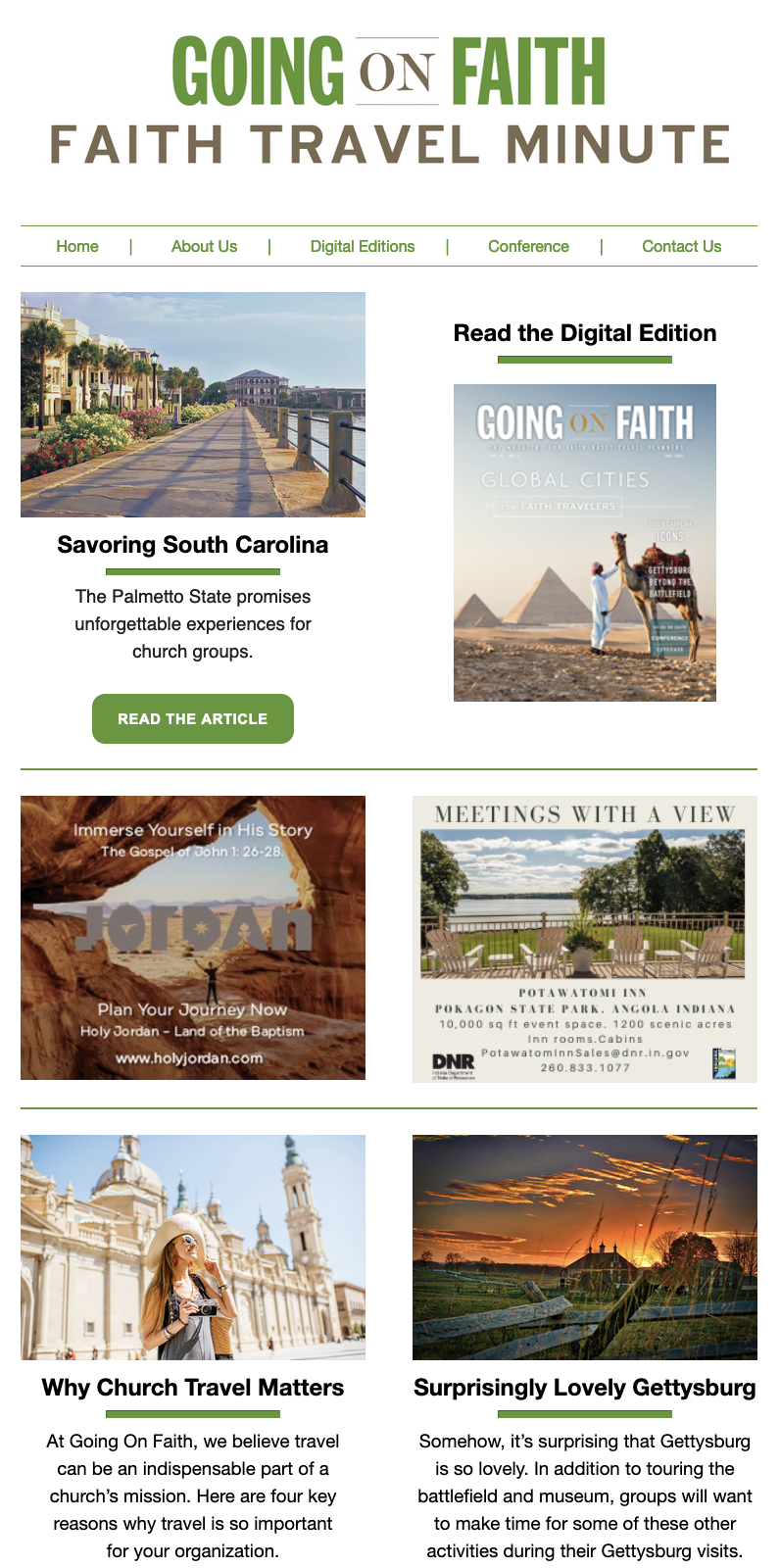 Patricia Bazard is determined to see that I feel at home in the Bahamas.
Patricia Bazard is determined to see that I feel at home in the Bahamas.
I’m fresh off the airplane after arriving in Nassau, the capital city of this country comprising more than 3,000 Caribbean islands. Within an hour or so of landing, a handful of American visitors and I have been whisked to the home of Bazard. Joined by her family and several friends from the area, she has prepared an evening of Bahamian food, music and dance that will make a rousing and personal introduction to the Bahamas.
I’ve come to Nassau at the invitation of Linville Johnson, deputy director of religious markets for the Bahamas Tourist Office. I’ll spend the next four days exploring this city as well as Freeport on Grand Bahama Island. Although the country is in the height of a celebration in honor of local hero Sidney Poitier, I will find the following days filled with fascinating cultural encounters and an invigorating dose of natural beauty.
Bazard is a prominent community leader in Nassau, serving as a teacher, a musician and a cultural historian. She’s also one of the country’s People-to-People ambassadors, which is why she has invited our group to her home for dinner and entertainment.
As we enter Bazard’s home, we are greeted by a drummer decked in a flamboyant traditional costume who begins the evening with a taste of the junkanoo music that is a staple of Bahamian holiday tradition. The drummer, it turns out, is Bazard’s son and one of numerous talented members of her family.
After a round of introductions to the friends and family gathered in the home, Bazard asks her pastor to bless the meal, then leads us to a spread of traditional Bahamian food: crab and lamb soup, fried fish, chicken and a special rice dish made with mushrooms and beans. Alongside the food is “fever grass juice,” a deliciously sweet and tangy drink made from a local herb that Bazard grows in her garden.
We serve ourselves and then take seats in various places around the family’s comfortable living room. The Bazards and their friends sit among us, chatting with us about the Bahamas and their lives. Soon, the family members get up and begin a series of impromptu musical performances with instruments that they keep around the house. Over the course of an hour or so, they perform a blend of traditional island music and classic gospel songs, sharing both their national culture and spiritual heritage.
Later, we learn that the evening’s events are similar to proceedings that Bazard has hosted many times before. The country’s People-to-People tourism exchange is a pioneering program available to any group visiting the Bahamas.
“This is one of the most successful and important programs in the Bahamas for people to meet Bahamians and learn about the culture,” Johnson says.










